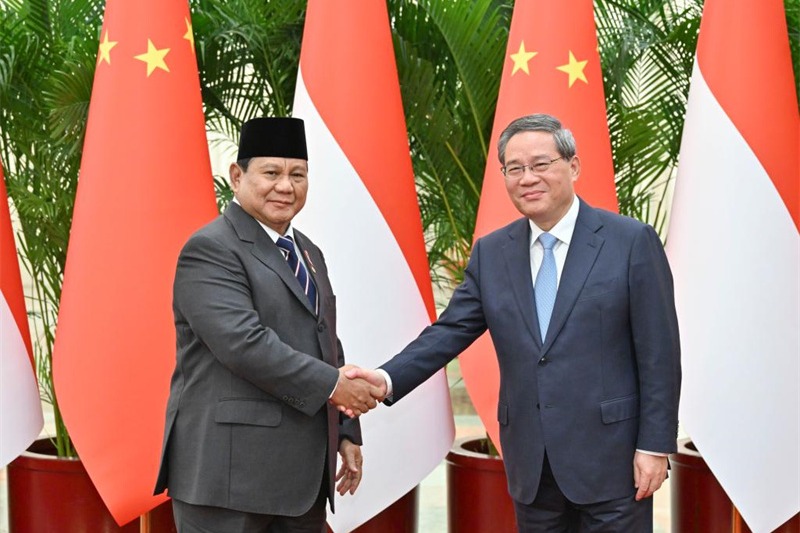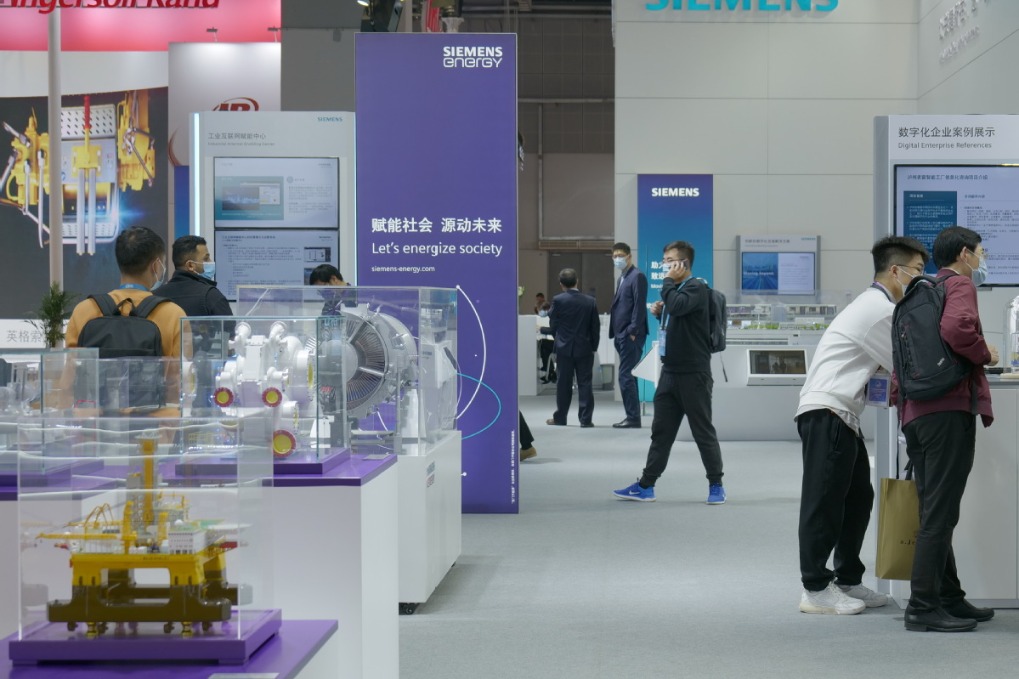German Chancellor champions renewables for energy security, industry transition


Rapid transformation sets benchmark for speed of change
Germany's Chancellor Olaf Scholz has championed the country's fast transition toward renewables amid the Russia-Ukraine conflict and declared that Germany is no longer dependent on Russian energy supplies, during a speech at the World Economic Forum (WEF) in the Swiss resort of Davos on Wednesday.
"Within a few months, Germany has made it completely independent from Russian gas, Russian oil and Russian coal," Scholz said, adding that new partnerships in Asia, Africa and the Americas have lessened the country's dependency on Russia.
"Our energy supply for this winter is secured," he said. "The rise of energy price has stopped, and dropped."
He added that Germany's transformation towards a carbon neutral economy is taking on an "entirely new dynamic" because of the pressure of the Russian-Ukraine conflict.
"It is crystal clear that the future belongs solely to renewables for cost reasons, for environmental reasons, for security reasons, and because in the long run renewables promise the best returns," he explained.
Scholz reiterated Germany's 2045 carbon neutral promise and praised the "German speed", as showcased in the building of country's first liquefied natural gas (LNG) import terminal, completed in less than seven months, which could be used for taking hydrogen in the future.
A second terminal was completed last week with a third ready soon, and "more will follow", he said. "Our European neighbors will be receiving LNGs from these terminals."
"Above all it shows Germany can be flexible, we can be unbureaucratic and we can be fast," he added. "We will make this new German speed the benchmark also for the transformation of the economy as a whole."
By 2030, more than 80 percent of Germany's electricity production will come from renewable sources, reiterated the chancellor, referring to a government target set in 2021.
Scholz also promoted hydrogen as he said the first supply chain for green hydrogen is being built up in Germany, using offshore wind power from the North Sea. As the quantity increases, he predicted an environmentally-friendly hydrogen-powered industrial sector will emerge, one that is independent from the volatile prices of fossil fuel.
"One thing is absolutely certain: energy must remain affordable in Germany, in Europe and worldwide," added Scholz, the only G7 leader to attend this year's staging of the annual WEF.




































